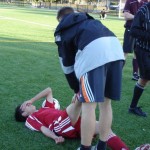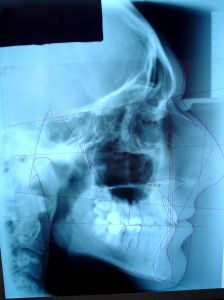 A new study has found evidence that commercial drivers might lie about sleep apnea problems because they are fearful of losing their job.
A new study has found evidence that commercial drivers might lie about sleep apnea problems because they are fearful of losing their job.
Sleep apnea is a condition that causes a person’s breathing to be interrupted while they sleep. As a result, they frequently do not get a full, restful night’s sleep, which can lead to a variety of severe consequences. People with sleep apnea may experience headaches and drowsiness when they are awake and can even suffer from depression due to constant sleep deprivation.
For people whose jobs require them to be on the road frequently, sleep apnea can be a major problem, potentially impacting their ability to earn a living. A driver suffering from sleep apnea is at risk of causing an accident and injuring or killing innocent North Carolina drivers. Given this risk, commercial drivers, such as bus drivers, taxi drivers and truck drivers, can lose their job if it is believed that sleep apnea affects their performance.
The new study, done by researchers at University Hospital in Switzerland, looked at sleep apnea sufferers in two groups. They focused on 37 commercial drivers and 74 people who did not drive as part of their job. The study found that the commercial drivers rated their level of sleepiness during the day several points lower than the non-commercial drivers. In other words, the commercial drivers indicated they were not as tired as the non-drivers.
Even more worryingly, the study discovered that commercial drivers were less likely to receive treatment for their condition. Rather than seek regular care, the drivers were more likely to make spontaneous trips to sleep clinics. Researchers believe this could mean the commercial drivers did not have proper control over their symptoms and were suffering more than they claimed.
Researchers hypothesized that the commercial drivers were downplaying their symptoms out of fear of losing their jobs. Because they had more unexpected visits to sleep clinics than the non-commercial drivers, researchers concluded that the drivers were struggling more with their symptoms than other people suffering from sleep apnea.
Continue Reading
 Charlotte Injury Lawyers Blog
Charlotte Injury Lawyers Blog







